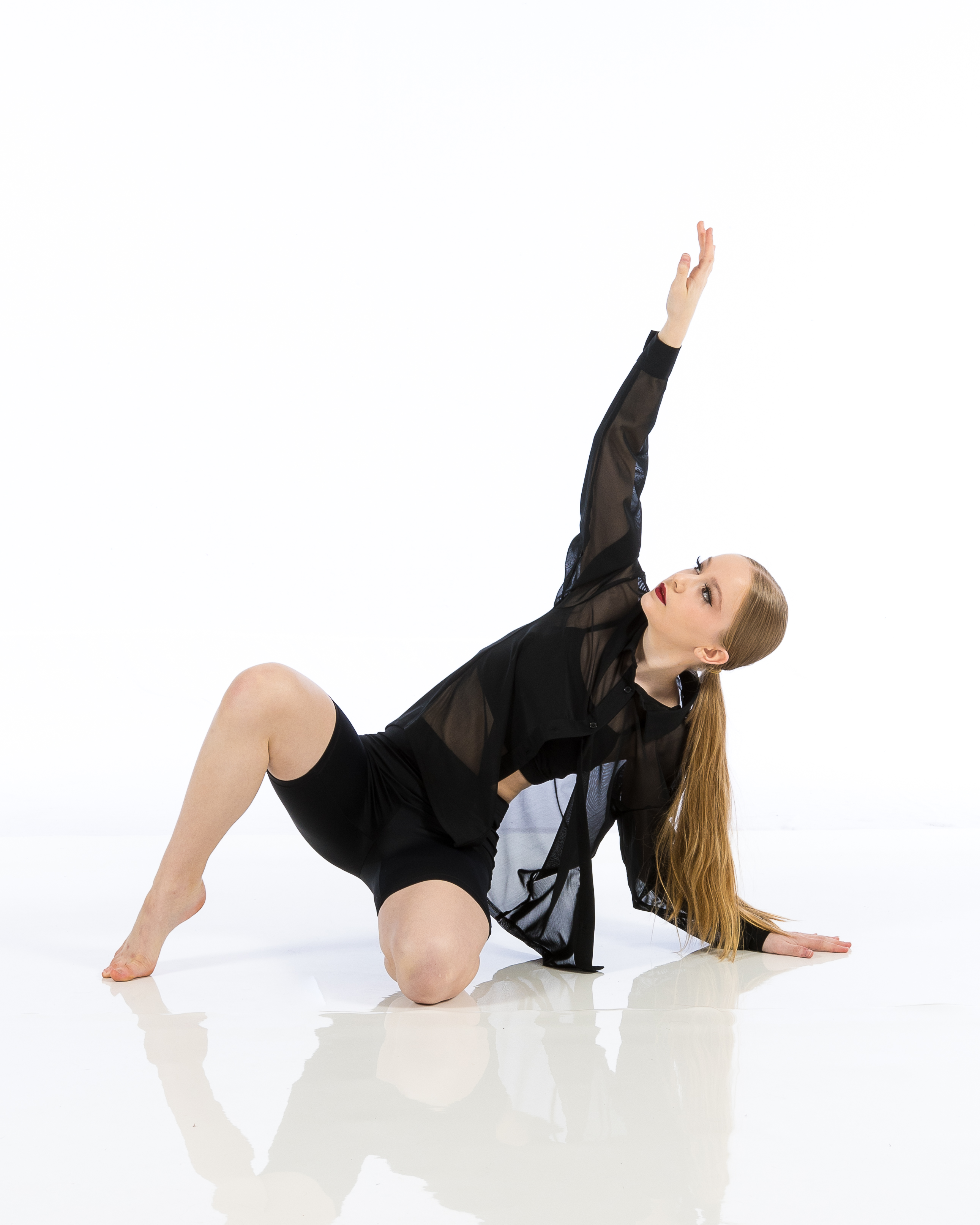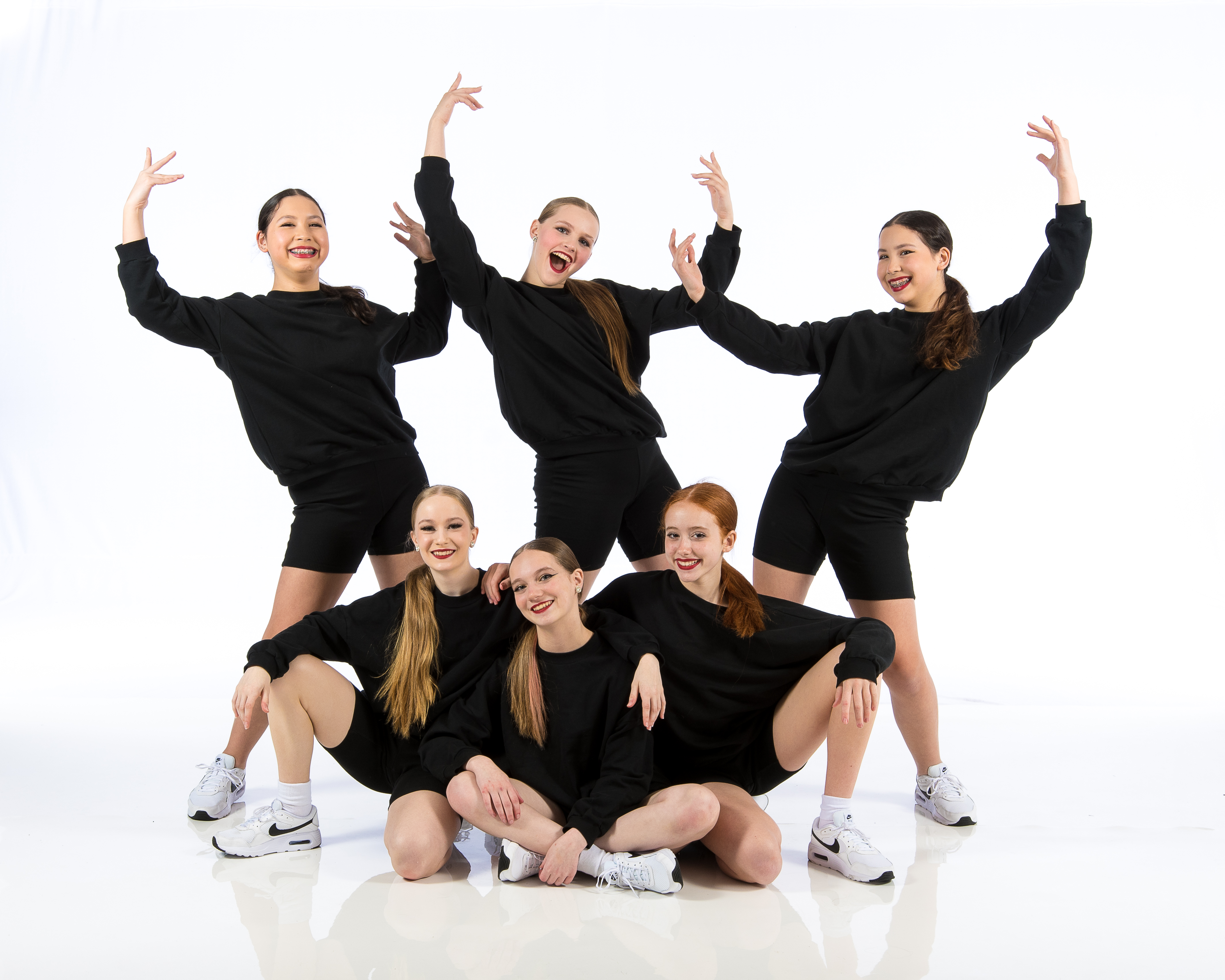Introduction
Stepping right into a dance studio for the very first time is an electrifying experience, one that can stir a cocktail of emotions-- enjoyment, nervousness, anticipation. Whether you're an experienced professional dancer or just starting your trip, comprehending the nuances of dance studio decorum can boost your experience and boost your relationships with instructors and fellow dancers alike. In this extensive guide, we'll dive deep right into Mastering Dance Studio Etiquette: Essential Tips for Beginners and Pros Alike
From basic regulations to advanced considerations, this article will certainly cover every little thing you require to understand about navigating the dynamic world of dance workshops. So tighten those shoe laces and allow's obtain started!
The Importance of Dance Studio Etiquette
Why Rules Issues in Dancing Studios?
In any type of artistic environment, decorum plays a pivotal function in maintaining harmony and respect amongst participants. Dance studios are no exception. Great decorum promotes a positive ambience where imagination can flourish.
- Respect: Being considerate towards instructors and fellow professional dancers builds common respect. Focus: Proper behavior lessens diversions, permitting everyone to concentrate on learning. Community: Decorum aids develop a supportive area that encourages growth and camaraderie.
Common Misconceptions Regarding Dance Studio Etiquette
Many newbies hold misunderstandings concerning what comprises ideal habits in dance workshops. Allow's expose some myths:
- Myth 1: "Only innovative professional dancers need to adhere to etiquette." Fact: Rules is essential for all levels; it reflects professionalism. Myth 2: "Instructors are as well strict about regulations." Fact: Trainers implement rules to preserve order and respect.
Basic Dance Studio Rules for Beginners
Dress Code: What to Wear?
First perceptions matter! The right clothing not just mirrors your commitment but also enhances your performance. Right here's how to clothe properly:
- Comfort: Choose garments that enable free movement. Footwear: Buy good-quality shoes fit to your dancing style.
|Dance Design|Recommended Attire|| -------------|-------------------------|| Ballet|Leotard, tights, ballet slippers|| Hip-Hop|Baggy clothes, sneakers|| Tap|Comfortable clothing, tap footwear|
Arriving promptly: Preparation is Key!
Being late can interfere with the entire course. Objective to arrive at least 10 minutes Dance Academy early to:
- Warm up. Settle in mentally.
Tip: If you're running late due to unexpected scenarios, inform the instructor beforehand.
Quiet Area: Maintaining Silence Prior To Class
Dance studios flourish on focus. Keep conversations to a minimum prior to class begins to guarantee everybody can prepare mentally.
Intermediate Dance Studio Etiquette: Structure Relationships
Respecting Personal Area in Class
Every dancer deserves their area throughout practice. Avoid crowding others while exercising moves or routines.
Why It Matters: Appreciating personal room promotes convenience and promotes much better learning experiences.
Listening Proactively During Instructions
When an instructor is talking, it's important to take note. Energetic listening shows respect and aids you understand essential concepts.
How To Program Active Paying attention:
Maintain eye call with the instructor. Nod when appropriate. Ask clearing up inquiries if needed.Advanced Dance Studio Decorum: Boosting Your Experience
Providing Useful Responses Wisely
As you grow a lot more skilled, sharing feedback becomes part of the society. Nonetheless, approach this naturally:
Focus on certain activities as opposed to basic critique. Offer recommendations only if obtained by peers.Encouraging Others: Structure Neighborhood Spirit
Support your fellow dancers through inspiration:
- Compliment their efforts genuinely. Celebrate their success openly.
Mastering Dance Studio Etiquette: Vital Tips for Beginners and Pros Alike-- The Teachers' Perspective
Understanding Trainer Expectations
Instructors usually have certain expectations relating to actions in course. Familiarizing yourself with these can substantially improve your understanding experience:
Listen attentively when they speak. Follow instructions precisely. Give your best shot throughout every session.Building Relationship with Your Instructor
Establishing a great connection with teachers can be advantageous for your growth as a professional dancer:
- Ask inquiries related to choreography or strategy after class. Thank them for their guidance post-class; gratitude goes a long way!
Handling Problem Gracefully in the Dance Studio Environment
Dealing with Disagreements Amongst Peers
Conflicts might occur within any type of team setup; recognizing exactly how to manage them gracefully is essential:
Approach the person independently without intensifying tension. Use "I" declarations as opposed to "you" statements (e.g., "I felt forgotten when ...").Addressing Issues with Trainers Professionally
If you have concerns concerning direction or class characteristics:
Request a private conference after course hours. Express your sensations constructively focusing on remedies as opposed to complaints.
The Role of Non-Verbal Interaction in Dancing Studios
Understanding Body movement Signals
Dance naturally entails non-verbal communication; understanding how body movement functions in this context is vital:
Positive body movement (e.g., open position) fosters connection. Negative signals (crossed arms) might convey defensiveness or disengagement.Using Eye Get in touch with Efficiently Throughout Classes
Maintaining eye contact with trainers conveys attentiveness while additionally helping build connection amongst peers throughout team performances!
FAQs
Q1: What must I wear for my initial dance class?
A1: Choose comfy clothes that enables cost-free activity-- yoga pants or tights paired with an equipped top works well!

Q2: Is it all right to miss courses occasionally?
A2: Life occurs! Inform your teacher ahead of time if possible; they'll value your consideration.

Q3: Exactly how do I handle sensation reluctant around other dancers?
A3: Beginning little-- introduce on your own one-on-one prior to increasing interactions slowly as experience grows!
Q4: Can I bring close friends along to observe classes?
A4: Many workshops choose prior arrangements; get in touch with monitoring initially so they understand additional attendees!
Q5: What if I differ with a teacher's feedback?
A5: Approach them pleasantly post-class; share feelings using "I" declarations focusing on constructive discussion instead of confrontation!
Q6: Ought to I take part in performances even if I'm new?
A6: Absolutely! Taking part boosts confidence-- speak out pertaining to any type of reluctances so holiday accommodations can be made accordingly!
Conclusion
Mastering dance studio rules isn't just about complying with rules; it's about cultivating an enriching setting where everybody really feels valued and inspired-- whether you're simply starting or improving innovative methods as a seasoned pro! By adhering carefully to these necessary pointers detailed below under Mastering Dance Studio Decorum: Vital Tips for Beginners and Pros Alike, not just will you boost your very own experience but additionally contribute favorably in the direction of nurturing an inviting area within each dance studio you grace with your existence! So take these understandings forward into every studio room you get in-- and allow the rhythm lug you toward excellence!